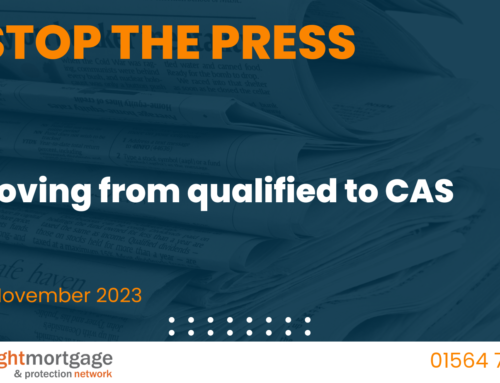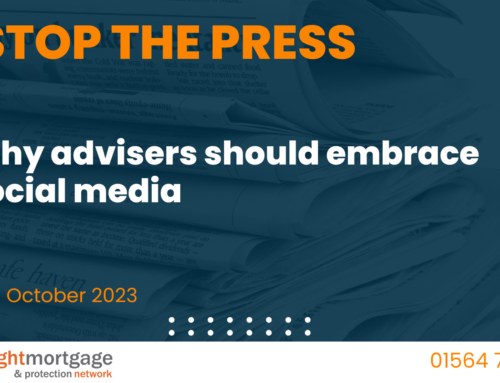‘How much can I borrow?’ It’s a question that all brokers will have heard countless times, from all sorts of borrowers, whether they are looking to pick up their first property or take another step up the housing ladder.
It’s not always an easy question to answer either, given the way that different lenders approach the issue of affordability. In fact, all too often we hear from brokers who are frustrated at the rigid, impersonal way that some lenders approach assessing what a potential borrower can afford.
Making ends meet
A good example here are those people with less than perfect credit scores. Whilst our way of life may be slowly returning to something approaching normal, even with the current concerns over the latest variant of concern, the reality is that the impact of the pandemic on people’s finances is far from over.
Job losses, reduced hours and furlough have forced lots of borrowers with previously impeccable records to scrape by, potentially missing the odd payment here and there. Unfortunately those missed payments can play havoc with the borrower’s credit rating, to the point that some lenders – who are perhaps a little over-prescriptive in how they view borrowers with adverse credit – don’t want to deal with them.
That does the borrower a disservice though. They may be a perfectly good candidate for a mortgage, but have simply been thrown a repayment curveball in the shape of a pandemic.
By taking a more common sense approach, and really getting to know the client – rather than focusing on any headline nasties like the fact that they have missed a couple of payments in the last 12 months – lenders can be far better placed not only to assess the application properly, but deliver a more informed response.
Helping first-time buyers
It can be a similar story with first-time buyers too. It’s no secret that purchasing a first property has become even tougher over the last year and a half, in no small part due to the enormous house price growth we have seen.
According to the latest house price index from the Office for National Statistics, house prices have jumped by an average of 10% in the year to November, taking the average to a whopping £271,000. In cash terms that’s a jump of £25,000 in a 12-month period.
Clearly, price rises of that scale make it more difficult for first-time buyers to build up a deposit under their own steam, never mind borrowing enough to actually cover the purchase price. This challenge is made virtually insurmountable if lenders are particularly rigid when it comes to the credit history of that would-be homebuyer. There will be some potential homeowners who have little to no credit history, but that lack of a record should not on its own make purchasing a property impossible.
There is an opportunity for lenders to be creative here, for example through accepting guarantors, embracing the potential of joint borrower sole proprietor lending, or simply being open to gifted deposits.
It’s an approach that we are passionate about at Mansfield Building Society, which is why we have recently revamped our shared ownership proposition. Not only have the rates been cut to make them more affordable, we have also adjusted the way that affordability is calculated. Shared ownership borrowers are now able to include up to 50% of a regular bonus, overtime or commission on top of their usual income in order to demonstrate affordability, which we believe makes the scheme more accessible for those hoping to take their first step onto the housing ladder.
Taking a tickbox approach towards affordability simply excludes people from the possibility of owning their own home, a disappointment which could have been avoided through taking a more personal, details-based approach.
Embracing common sense lending
While some lenders are happy to rely on computer systems and algorithms to dictate the cases they will accept, at Mansfield Building Society we embrace a more manual way of doing things, trusting in our underwriters to get to the heart of the case and the borrowers involved.
It comes down to the individuals and what they are trying to achieve, rather than blanket decisions around whether a case is worth our while, and we know from the feedback we’ve had from brokers and their clients that they value that approach.
By applying a little more common sense when it comes to assessing affordability, lenders can enjoy a far more rounded and accurate picture of the borrower and their circumstances, and in doing so help far more people to achieve their borrowing goals.
A common sense approach
If you’ve got a case on your desk that requires a common sense approach to lending then please pick up the phone to our Broker Support team on 01623 676360.





